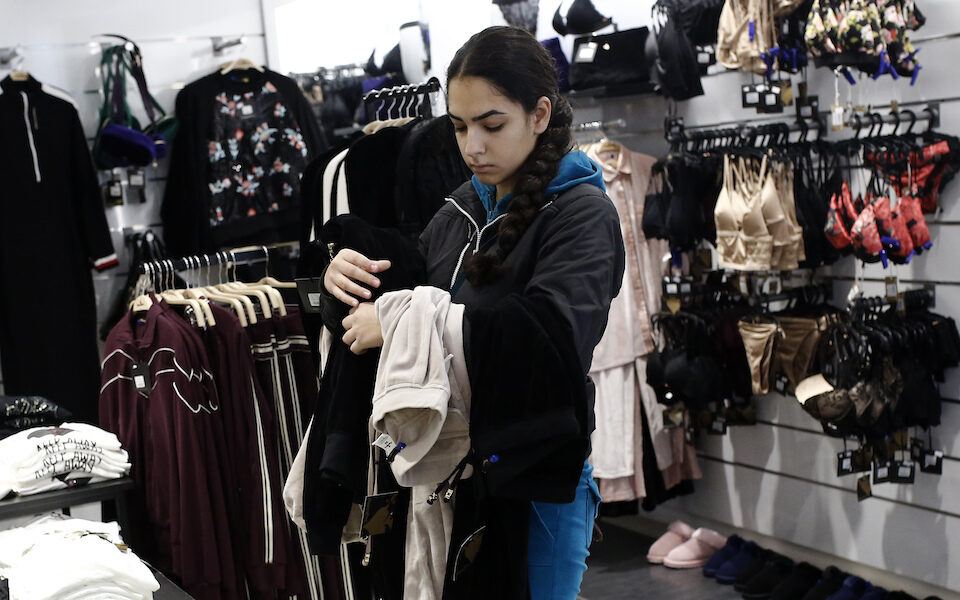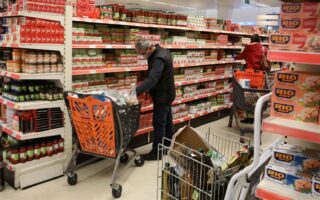Consumers slash spending

The majority of households in Greece have cut down considerably on spending on clothes and household items, but also on food and electricity, with this trend actually increasing about seven months after the start of the war in Ukraine, compared to the spring.
Consumers do not expect any de-escalation of the hostilities and neither do they see any de-escalation in prices, especially for natural gas and food, which seems to frighten them ahead of the coming winter. Any purchases made are based on price, with quality taking second place, even when buying food.
According to the latest survey conducted by the Institute of Retail Consumer Goods (IELKA) on a sample of 1,000 consumers, 67% (compared to 61% in the April 2022 survey) have reduced purchases of food and supermarket items in general.
Even the purchases that consumers do make are of lower value, with 84% of respondents saying they are opting for bargains and discounts (up from 79% in the April survey) and 75% go for cheaper products, which is reflected in the increase by about 10% of private-label products. The survey was conducted between August 29 and September 2.
The biggest spending cuts are observed in clothing and household items, as 83% say they have postponed shopping for personal items, clothing or home goods (up from 75% in the April survey). This trend comes at the same time the market was expecting more activity due to the sales period as well.
Some 63% of respondents state they recently reduced their electricity consumption and 44% avoid shopping to save money in case of an emergency. This trend, which was last recorded during the pandemic , is also being observed today, only much stronger.
While at the end of 2019 and during the first year of the pandemic, consumers chose food based on quality and then based on hygiene and safety, now the main criterion by a great distance from the rest is the price. Specifically, 62% of respondents choose food based on price, while the corresponding percentage last April was 52%.





